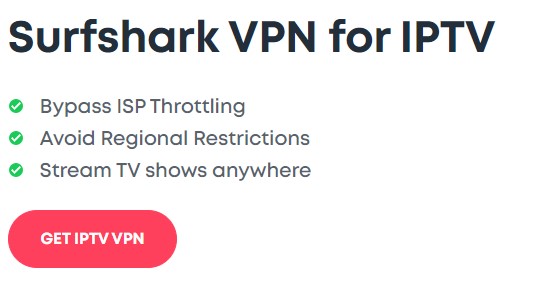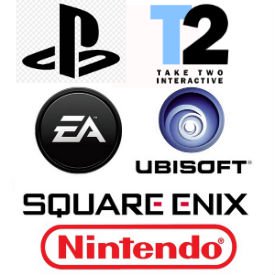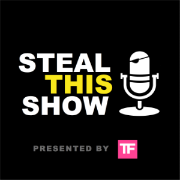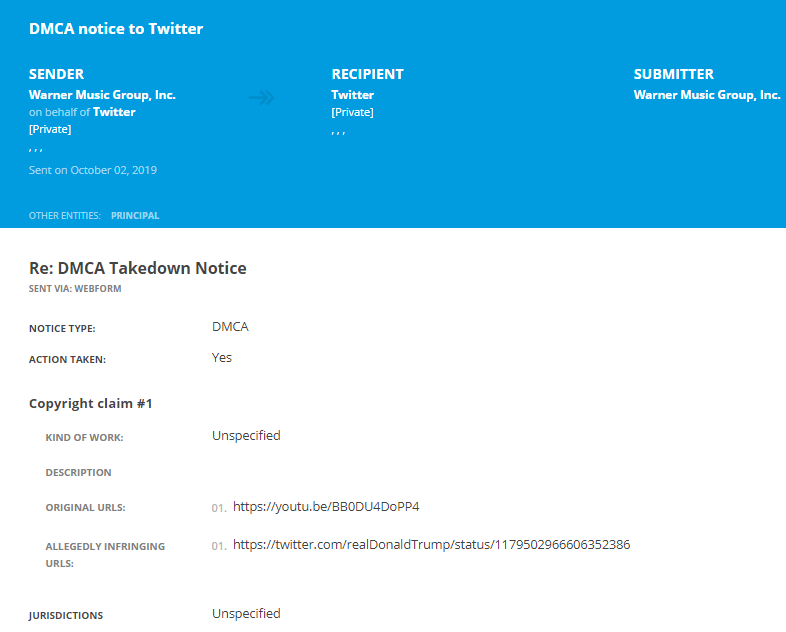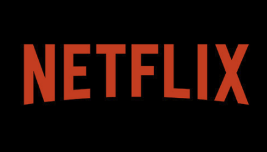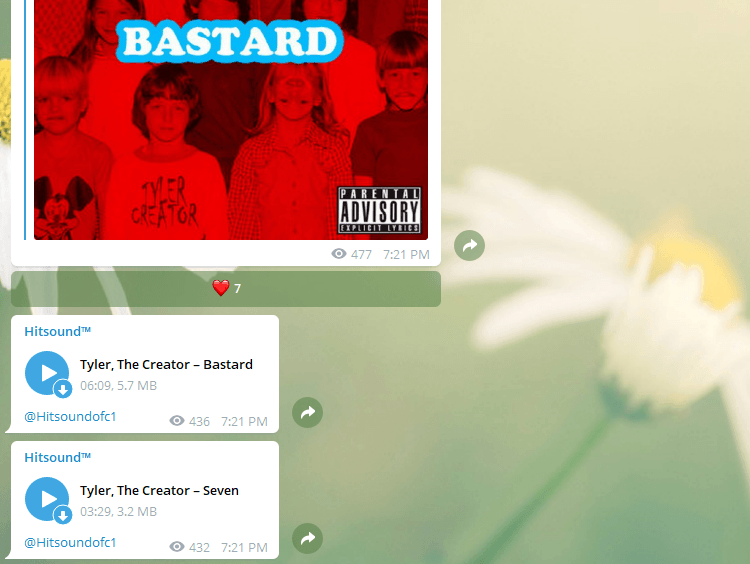
While the 3D printing revolution is still in its early days, people are already able to download and print pretty much everything imaginable, including houses and cars.
Larger and more complicated objects still require specialist tools and other parts, but smaller things that consist of easily printable material are reasonably easy to make.
Take LEGO bricks, for example, which have relatively easy shapes and usually consist of plastic. Pair this with a userbase of millions of ‘fans’ and it’s easy to see why these toys are popular among 3D hobbyists, if only for nostalgic reasons.
And indeed, while browsing through some of the popular websites where people share homemade 3D printing designs, we see hundreds if not thousands of LEGO ‘inspired’ designs. The associated STL files are generally available to other members of the public, who can download them for free.
While this seems like a relatively harmless niche activity, LEGO sees things differently. Last week we were alerted to various takedown notices the company had sent recently. Apparently, it sees some 3D blueprints as copyright and/or trademark infringements.
That’s also true for the “Customizable Wall Switch Plate +/- LEGO 2” Thingiverse user “Lucina” had uploaded. The design is question was targeted in a takedown notice and removed, as documented on Reddit. The original LEGO brick patents have long expired, so it’s not entirely clear what the alleged infringement is here.

TorrentFreak spoke to Lucina, who actually had several designs taken down from Thingiverse and Cults3D, but never saw an actual complaint. Some people have since suggested that using the term LEGO in the designs could be an issue, but several other uploads that used that same term were not targeted.
To avoid any legal trouble Lucina chose to voluntarily remove all LEGO files from Thingiverse and Cults3D later did the same.
“They flagged two out of five of my Lego designs and prevented downloads. The other three were still active. Not wanting to be sued, I deleted all five. I later got an email from Cults3D saying that they deleted all of my Lego designs for me,” Lucina told us.
Earlier this week, the issue was picked up by 3D printing industry news site 3D Printing Industry which got in touch with LEGO, but without any real results. LEGO Group states that it sees 3D printing as a promising technology and is considering using it themselves, but the precise reason for the takedown remains a mystery.
It may take a while before LEGO’s motivations are revealed. The company’s Associate Manager Corporate Communications said that the company deals with a high volume of queries. As such, it might take weeks before it explains on what grounds it sent trademark and copyright takedown notices targeting 3D fan art.
Whatever the reason is, the creators and users of these homebrew creations are not happy. They just see their pastime as a fun hobby, but this fun swiftly disappears when files are taken down.
“This is absolutely ludicrous @LEGO_Group!! You’re getting free marketing with ZERO potential loss of revenue. Who is going to print any of these things instead of buying LEGOS?! Maybe focus on continuing to make awesome stuff instead of punishing your fans who promote your cause?” Twitter user Repkord notes.
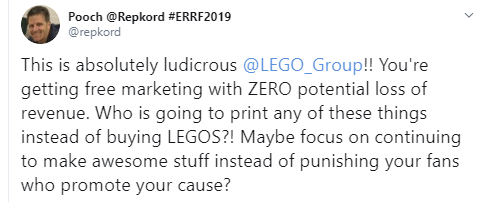
Many others agree that, instead of protecting its brand, LEGO could actually be alienating its biggest fans.
“Thinking about what @LEGO_Group has been doing to their 3D printing and 3D modeling fans lately reminds me of how labels treated mp3 music and sampling a few years back or how print treated online. Stay in the past, die in the blast,” Twitter user jmtosses added.
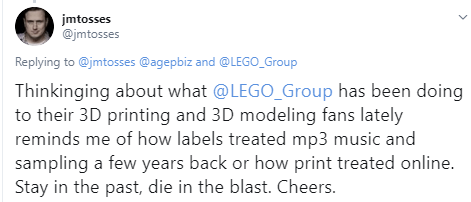
The overall sentiment from 3D designers is that LEGO’s actions went too far. While it certainly might have a legitimate complaint, going after some of the biggers fans may not be the best strategy.
If LEGO’s goal was to stop people from sharing anything LEGO-related they have at least booked some success. Lucina is never uploading a LEGO design again.
“Personally I don’t think Lego should have come at me, a 3D printing hobbyist. I might design other compatible parts, but I will never share another LEGO design online,” Lucina told us
Source: TF, for the latest info on copyright, file-sharing, torrent sites and more. We also have VPN reviews, discounts, offers and coupons.


